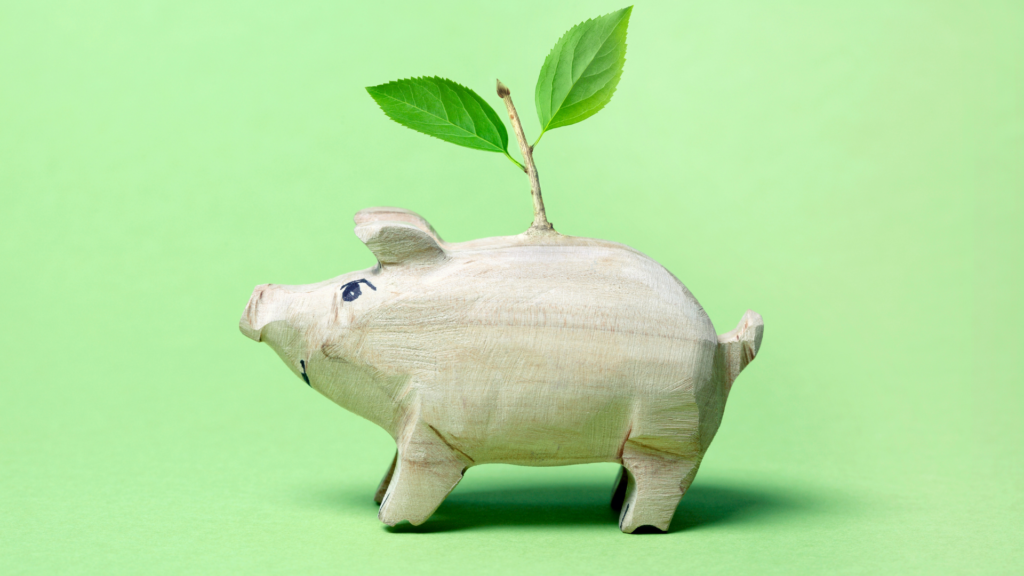by Jade Chehabeddine, Marketing Manager at eddress

Comfort food to your customers’ doorsteps? Speedy grocery shopping for local customers? q-commerce players can deliver in a record time. But when you deliver food, you also create some environmental damage that could be minimized or even avoided.
In 2021, industry experts talked to Food Logistics to discuss the importance of reducing food waste in grocery e-commerce and q-commerce environments.
Indeed, reports show that waste in food supply chains accounts for up to 40% of the total food produced in the U.S. only. Targeting and managing waste could help deliver food to the communities in need, and tackle food insecurity.
The phenomenon is also global, as food waste sees 66 tons thrown away every second all around the world.
There is no denying that the pandemic-triggered popularity rise of e-commerce and doorstep instant deliveries brings new sustainability challenges for the supply chain such as:
- Risks of inaccurate demand forecast for storage
- Increased need for delivery packaging
The pandemic changes q-commerce and the environment
Managing and reducing waste, both in packaging and food, is more than a case of good business practice. It has a long-term environmental impact on wildlife, global economies, and the overall viability of our planet. Yet, with the continuous supply chain disruptions, it can be hard to stay on track when it comes to sustainable practices. Besides, worldwide events that have and are taking place are also affecting the business world.
COVID-19 has interrupted the traditional world order for almost two years, dramatically transforming consumers’ behavior. The sudden interruption in business, manufacturing, travel and construction has driven the point home: Human activities impact and shape the environment we live in. Pollution levels decreased, and the wildlife took over briefly as we paused our activities.

Reducing your carbon footprint through better delivery options
As a result, businesses, especially e-commerce and q-commerce players, can’t afford to ignore their sustainability duties any longer. As a matter of fact, packaging and deliveries are some of the most concerning sustainability threats.
The question is, can e-commerce and q-commerce ventures alleviate their environmental impact through eco-friendly delivery solutions? At eddress, we believe so. How? The below points could be interesting to take into account:
- Using biodegradable packaging
- Reducing packaging whenever possible
- Focusing on non-polluting hyperlocal deliveries, such as couriers on bicycles
Food waste as an eco-priority
Furthermore, food waste must also be addressed effectively. The Berlin-based startup, Freshflow, has made it its mission to improve the supply chain for perishable goods using an AI-powered prediction platform. For on-demand instant delivery companies, accurate forecasts mean limiting food waste while increasing profits. According to Freshflow, the platform has been a success, decreasing food waste by 30% and boosting revenues by over 16% for clients.
There is no doubt that optimizing stock replenishment with the support of machine learning and automation technology can also help slow down or even reverse climate change, as food waste processes increase Co2 emissions.
What can on-demand businesses do for sustainability?

Lack of sustainability comes at a high cost for the business, the local community, and the environment. Therefore, on-demand grocery and other food-delivery businesses must prioritize waste reduction. There are plenty of available options to help out like:
- Tech investments, such as AI prediction to manage fresh stocks
- Communication with their audience to improve food usage and conservation
- Partnerships with dedicated non-profit organizations to repurpose unsold surplus and meals
- Sustainable packaging solutions
- Environmentally-friendly delivery practices, such as using robotics automation for middle-mile delivery solutions
- Account for seasonality and short-distance supply chain
At eddress, we are committed to supporting q-commerce ventures with a customizable, white-labeled B2B SaaS platform. Our team is constantly learning and improving through the latest trends and concepts to ensure we are a sustainable and growth-generating partner.






